In a landslide victory, At-Large Metro Council Member John Cooper defeated incumbent mayor David Briley Thursday. Briley conceded the election to Cooper just fifteen minutes after the polls closed, as Cooper gained a 20,000 vote lead.
Gaining 70 percent of the vote, Cooper’s victory over Briley marks the first time in Tennessee’s history that a sitting mayor has lost reelection. Both candidates are registered Democrats, although the election is non-partisan.
After former Mayor Megan Barry’s resignation amid criminal charges, Vice Mayor David Briley was sworn in to fill the position last March. In a special election in Aug. 2018, he ran for and subsequently won an election that allowed him to fill the remainder of Barry’s term.
Last month, Briley ran for reelection against nine opponents, including Cooper. Briley received 35 percent of the vote, and Metro Councilman John Cooper received 25 percent. No candidate reached a majority of the vote, prompting Thursday’s runoff to meet the majority vote required to elect a Nashville mayor, per law.
Briley campaigned on the progressive reforms he enacted as mayor, which he has said he believes pushed Nashville forward. Such accomplishments include implementing the Tennessee Promise scholarship, which is designed to help Nashville public school students attend a community or technical college. He also participated in recruiting and negotiating with Amazon to secure a new operation site and jobs in Nashville.
In his campaign, Cooper called for an increased focus on Nashville’s neighborhoods rather than the city’s downtown area. He believes that the city’s rapid growth is leaving its people behind and vowed to change this course.
Dean of the College of Arts and Science and professor of political science John Geer had one word to say in response to Cooper’s victory: “Wow.”
While Geer said it was pretty clear that Cooper had an edge over Briley, the election results still come as a shock, noting that winning 70 percent of the vote, as Cooper did, is rare in modern day elections. Geer attributes Briley’s loss to a lack of a clear vision for the city. Briley lacked a consistent message to the citizens of Nashville that would gain him a following, he said.
“He was more reactive, and Cooper was more proactive,” Geer said.
Geer also believes that the landslide victory for Cooper is partially due to a lack of voter turnout from Briley’s base; he said that many Nashville voters and Briley supporters believed the incumbent would be defeated by Cooper and did not show up to the polls.
Geer is confident that under Cooper, the relationship between Vanderbilt and Nashville will continue to grow. This partnership is important given the attraction and national standing both the city and the university share.
“The university absolutely needs to tap into all the energy that Nashville has just like Nashville needs to tap into all the energy Vanderbilt has,” said Geer.
Among Vanderbilt students, however, many didn’t know that a mayoral election was taking place. For example, junior Cecelia Williams said she didn’t know there was an election happening at all.
President of Vanderbilt College Democrats Will Newell shared Geer’s amazement by Cooper’s margin of victory. He credits Cooper’s strong campaign and widespread support as two key factors in his victory. He also cites Cooper’s wealth as a benefit, as he was able to fund his campaign efforts as needed.
“I knew people were frustrated with Briley’s leadership […] but Nashville must have wanted a big change,” Newell said in an email to The Hustler.



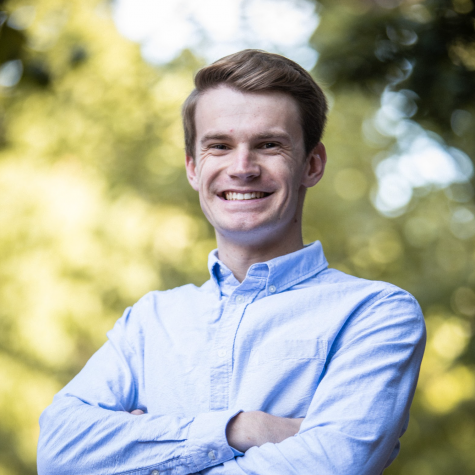

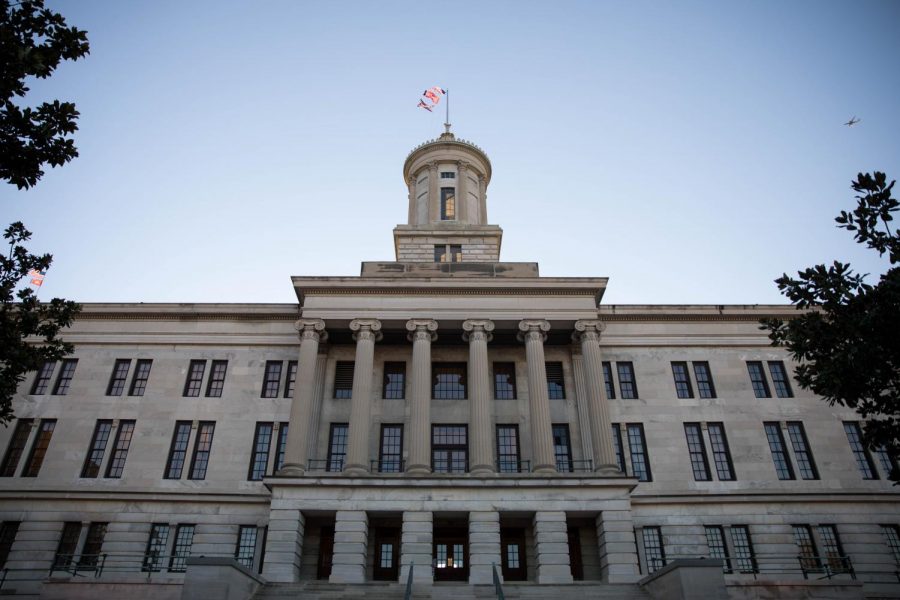
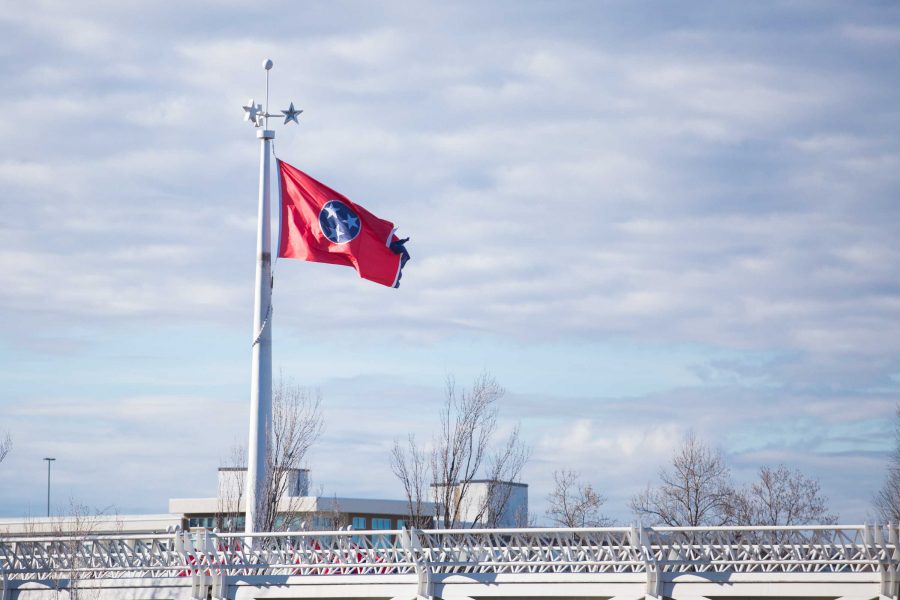
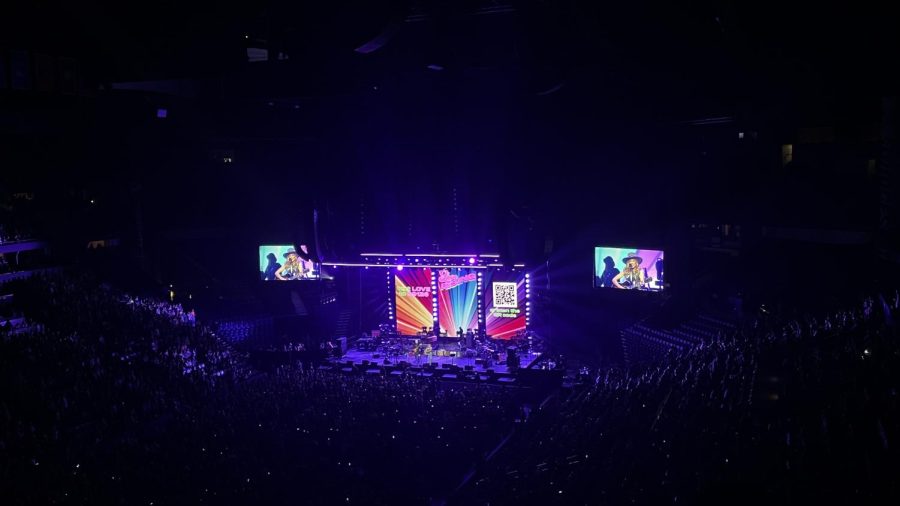
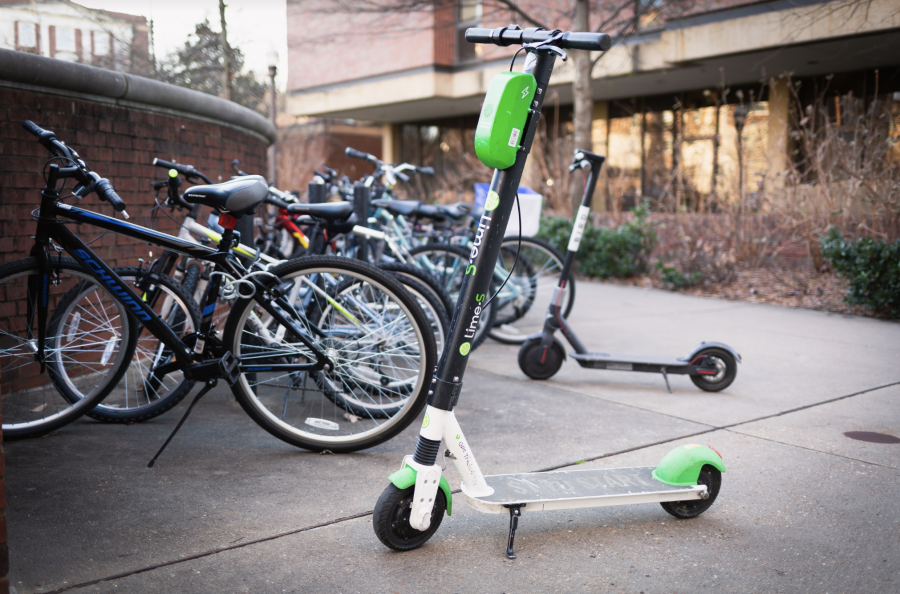
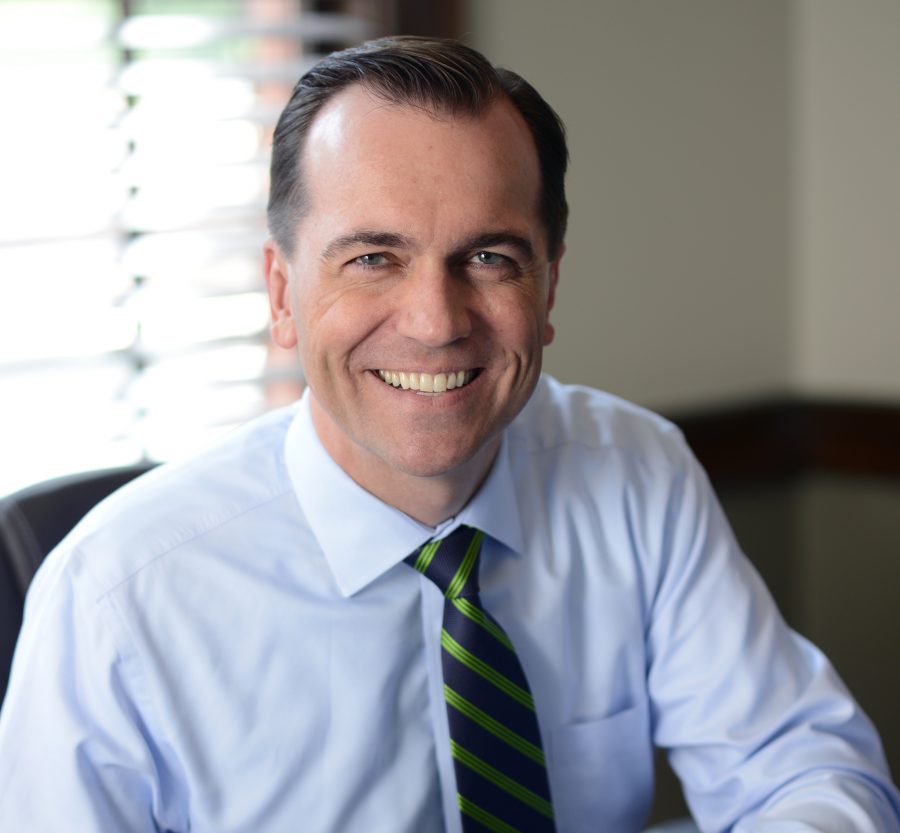
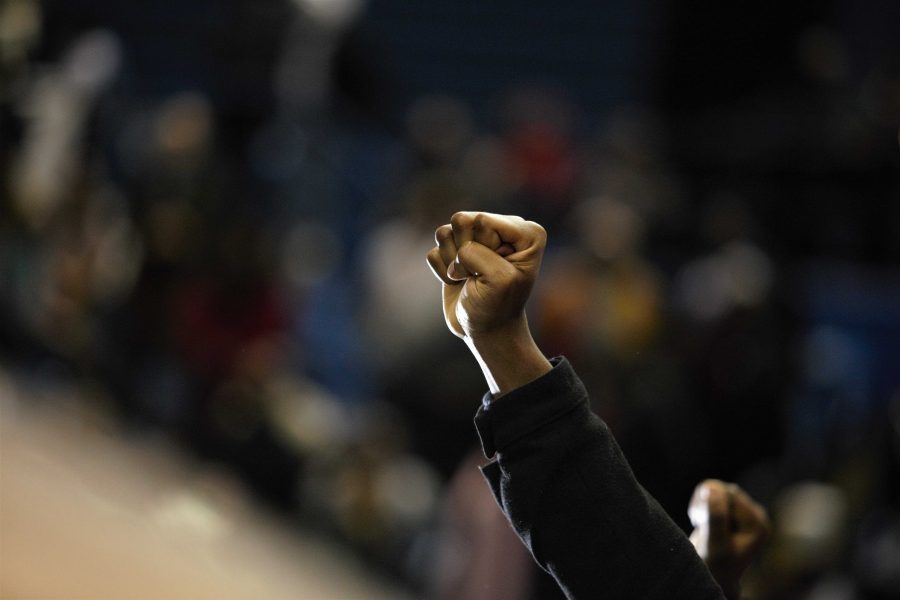
JWH • Sep 16, 2019 at 12:21 pm CDT
Did the tobacco lobby pay John Geer for his comments on this topic, too?
https://www.nashvillepublicradio.org/post/investigation-vanderbilt-s-john-geer-among-professors-quietly-defending-tobacco-companies-court#stream/0